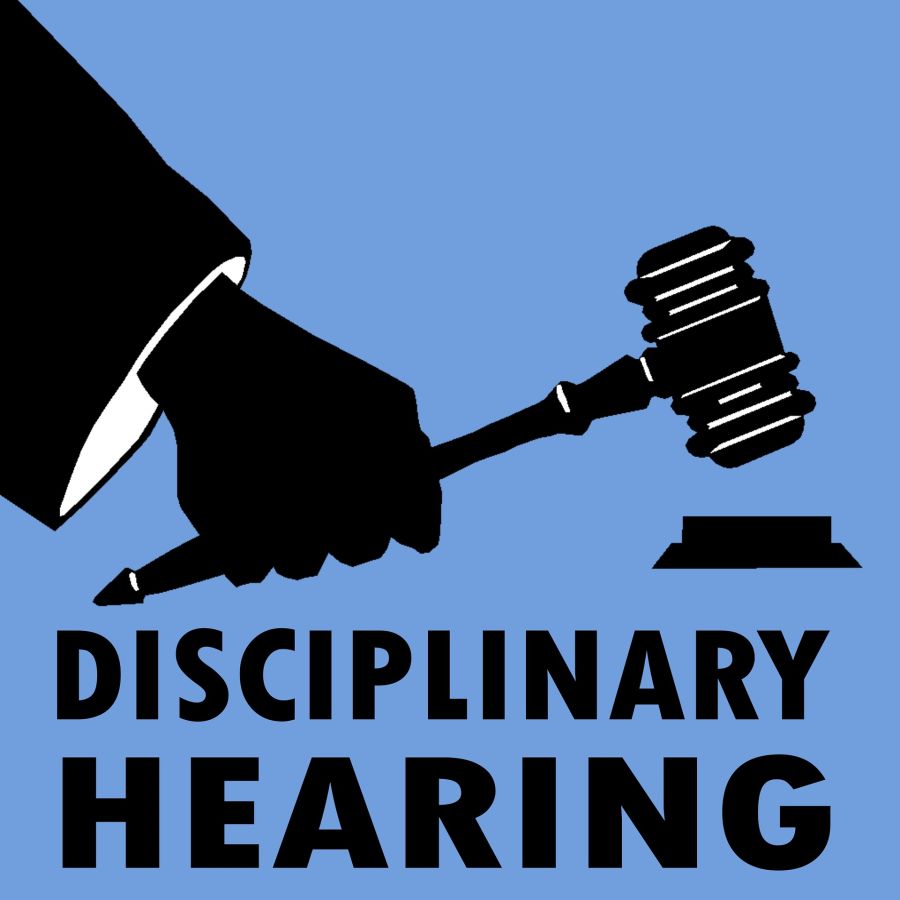Case Studies

Case Studies
Call us today for a free initial consultation on 0800 772 0341
Lending a helping hand to fix a disciplinary problem
Published 20 October 2021

As a joiner Marcus had an ability to repair things – but there was one-work related situation where he needed expert help to put it right.
It’s fair to say that in the decade Marcus had worked for a housing association, he had a chequered employment history.
Prior to his most recent disciplinary problem, Marcus had received two previous disciplinary warnings.
Six years earlier he was given a six-month written warning following a complaint from a tenant about his workmanship and attitude.
The following year, and after the first warning had expired, he was given a final written warning following another customer complaint.
Marcus had worked for a number of years without further incident prior to being invited to another disciplinary hearing.
It followed what was said to be another tenant complaint. It centred on a conversation in which Marcus expressed his views on a political matter.
The female tenant and Marcus had opposing views on a topic of conversation when he carried out work at her home.
Marcus admitted it was a ‘lively but constructive’ debate. He insisted he left the tenant’s home on good terms.
Marcus contacted the Castle Associates Employee Support Centre for help.
He provided our representative with a copy of the invite to the disciplinary hearing.
The letter referred to the previous disciplinary sanctions issued to Marcus.
It warned that because of those warnings dismissal was a potential outcome to the latest disciplinary hearing.
The allegation Marcus faced was unprofessional conduct and acting in a manner that could bring the company into disrepute.
In support of the allegation was an email complaint from the tenant.
It was a lengthy email, the majority of which focused on rebutting the view Marcus expressed on the matter they discussed.
The personal criticism of Marcus referred to a lack of education, having old-fashioned views and having a worrying political viewpoint.
There was nothing in the email that related to his actions or conduct.
The evidence showed the email was accepted and not questioned as part of any disciplinary investigation.
In fact, no attempt was made to establish the facts of the case before disciplinary action was initiated against Marcus.
After the complaint was received he was suspended from work and later invited to a disciplinary hearing.
At the hearing our representative argued it would be unfair to sanction or dismiss Marcus on the evidence.
He maintained the reference to the previous disciplinary warnings was highly prejudicial and unfair, as they had expired and Marcus had grown and changed since then.
Our representative told the hearing as dismissal was a potential outcome the matter was extremely serious.
He said in such cases the ACAS Code of Practice, which all employers should follow, states an investigation should be thorough and look for evidence to support the employee’s case as well as against.
The fact the complaint was simply accepted without question was used to assert no attempt was made to look for evidence that may support Marcus’s case.
The unfairness of this was highlighted by our representative who went through the tenant’s email.
He did so to demonstrate to the hearing it was in essence an objection to Marcus’s political viewpoint rather than a complaint about his actions or conduct, which would justify disciplinary action being taken.
The point was also made that no evidence had been produced to show the company had been brought into disrepute.
The hearing was told Marcus always engaged in conversations with tenants when working at their homes, and it had never been discouraged.
Prior to the hearing our representative had asked Marcus to gather any positive feedback he had from tenants regarding his work.
It included glowing testimonials that were presented to the hearing chair to show Marcus was a good worker who got on well with tenants. Evidence of good performance reviews was also presented to support his case.
Marcus was asked a number of questions about the incident before eventually being cleared of the allegation.
A reputation built on success
If you're facing any of the issues in this article - or need guidance on disciplinary, grievance, or redundancy matters - call us today. Our expert Trade Union Representatives are available to represent you in crucial workplace meetings, with pay as you need support.